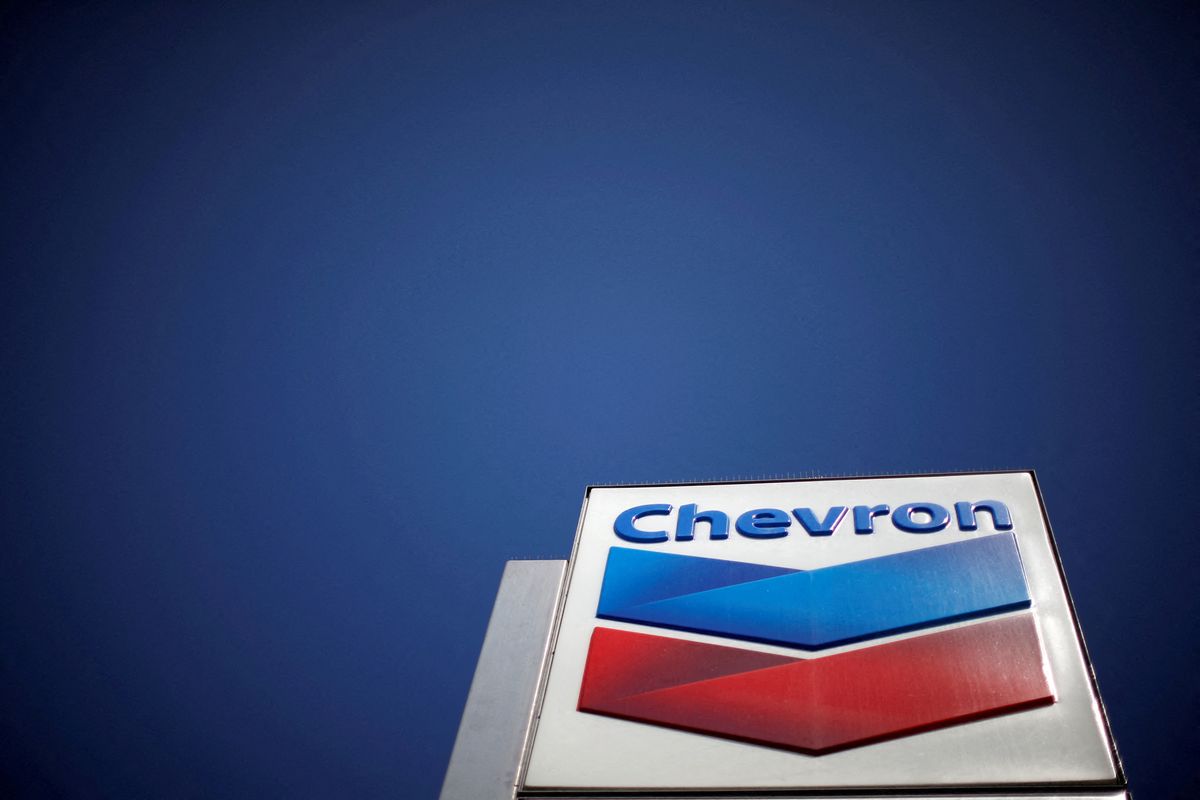Are net-zero pledges meaningless?
Net-zero pledges are everywhere lately.

A few minutes every morning is all you need.
Stay up to date on the world's Headlines and Human Stories. It's fun, it's factual, it's fluff-free.
Net-zero pledges are everywhere lately. It seems like every company has a goal to effectively neutralize its carbon emissions within the next few decades. While it’s great that they’re showing responsibility for their contributions to the climate crisis, how credible are these pledges – especially when they’re coming from fossil fuel companies?
Right now, about 75 of the world's largest 112 fossil fuel companies have publicly released net-zero pledges. They plan to cut their greenhouse gas emissions and also fund projects to help absorb the emissions that they continue to be responsible for. The net-zero deadlines differ depending on the company, but oftentimes you hear the years 2040 and 2050 come up. But these companies haven’t been super transparent about their plans to reach that net-zero mark, it seems.
About a year ago, the UN released standards for credible net-zero targets. These standards include taking account of all company emissions, including those from users of the company’s products (aka Scope 3 emissions). Scope 3 emissions tend to make up a lot of fossil fuel companies’ emissions.
According to a new report from Net Zero Tracker, which is partly run by the British Energy and Climate Intelligence Unit and the University of Oxford, these companies’ pledges are (unfortunately) “largely meaningless.” Most of them don’t fully account for Scope 3 emissions, and some don’t have short-term emission reduction plans.
"To become true climate leaders, companies must reflect seriously on the UN Expert Group's recent markers of credibility and other Paris-aligned standards, and urgently update their currently weak plans with robust implementation strategies," said Dr. Takeshi Kuramochi, senior climate policy researcher at NewClimate Institute.
Generally speaking, just 22% of the world's 500 biggest public companies work within the standards of the Paris Agreement to keep climate change below a 1.5C rise in average temperature. And about 45% of those 500 work in line with average warming of at least 2.7C – which would be devastating. On top of that, privately held companies don’t have the same level of oversight as these public ones, so they could be following even worse standards.




Comments ()